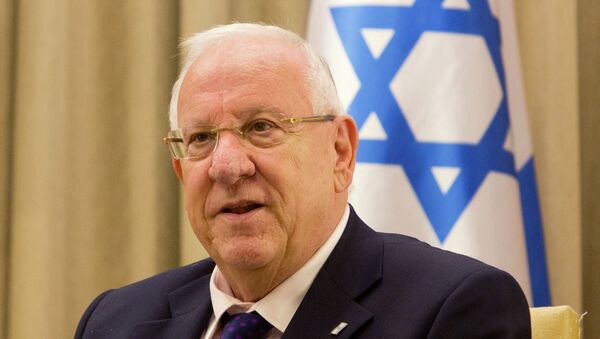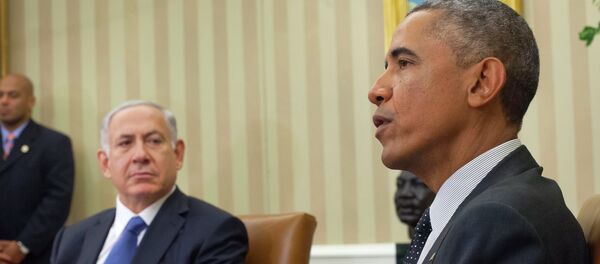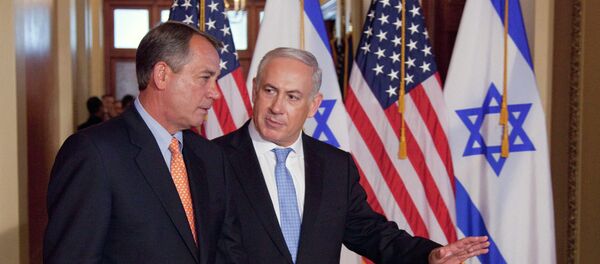Currently in New York during his first presidential visit to the U.S., Rivlin is scheduled to address a United Nations session on Tuesday marking 70 years since the end of the Holocaust.
According to Israeli media reports, the White House’s invitation to Rivlin to meet with Obama in Washington was meant to embarrass Prime Minister Netanyahu.
Rivlin’s residence refuted that claim on Sunday in a release, which stated, in part: "At this stage, it has been agreed not to hold a meeting during his visit, due to the schedule constraints of both leaders, and that a meeting would be scheduled at a later date.”
Netanyahu accepted House Speaker John Boehner’s controversial invitation to address a joint session of Congress in March. The move was seen as an attempt by Republicans to undermine the Obama administration’s ongoing negotiations over Iran’s nuclear program.
The White House responded by saying the president will not meet with Netanyahu during his visit, citing the desire to remain impartial ahead of Israel’s elections, just two weeks after the prime minister’s address.
Netanyahu on Sunday defended the planned speech – in which he is expected to endorse sanctions against Tehran – saying he had a moral obligation to take every opportunity to speak out on an issue that poses a mortal threat to his country, Reuters reported.
"As prime minister of Israel, I am obligated to make every effort to prevent Iran from getting nuclear weaponry that will be aimed at the State of Israel,” he told his cabinet. “This effort is global and I will go anywhere I am invited to make the State of Israel's case and defend its future and existence."
Press Secretary Josh Earnest suggested Boehner breached protocol by not coordinating the visit with the White House, and House Democratic Leader Nancy Pelosi criticized the invitation as being inappropriate.
On Sunday, White House Chief of Staff Denis McDonough told CNN that the Obama administration did not want to get into a "blame game" over the issue.
"Let's take a step back: This is the most important relationship we have in the world," he said of U.S. ties with Israel. “This is something that ought to be and will continue to be, as far as we are concerned, above partisan politics.”
Sources in Rivlin’s residence also denied speculation that he turned down a White House invitation in order to stay out of the dispute between Obama and Netanyahu, the Times of Israel reported. Rivlin said he looks forward to meeting Obama at the first possible opportunity, and called the U.S. "a true friend and important ally of Israel.”




